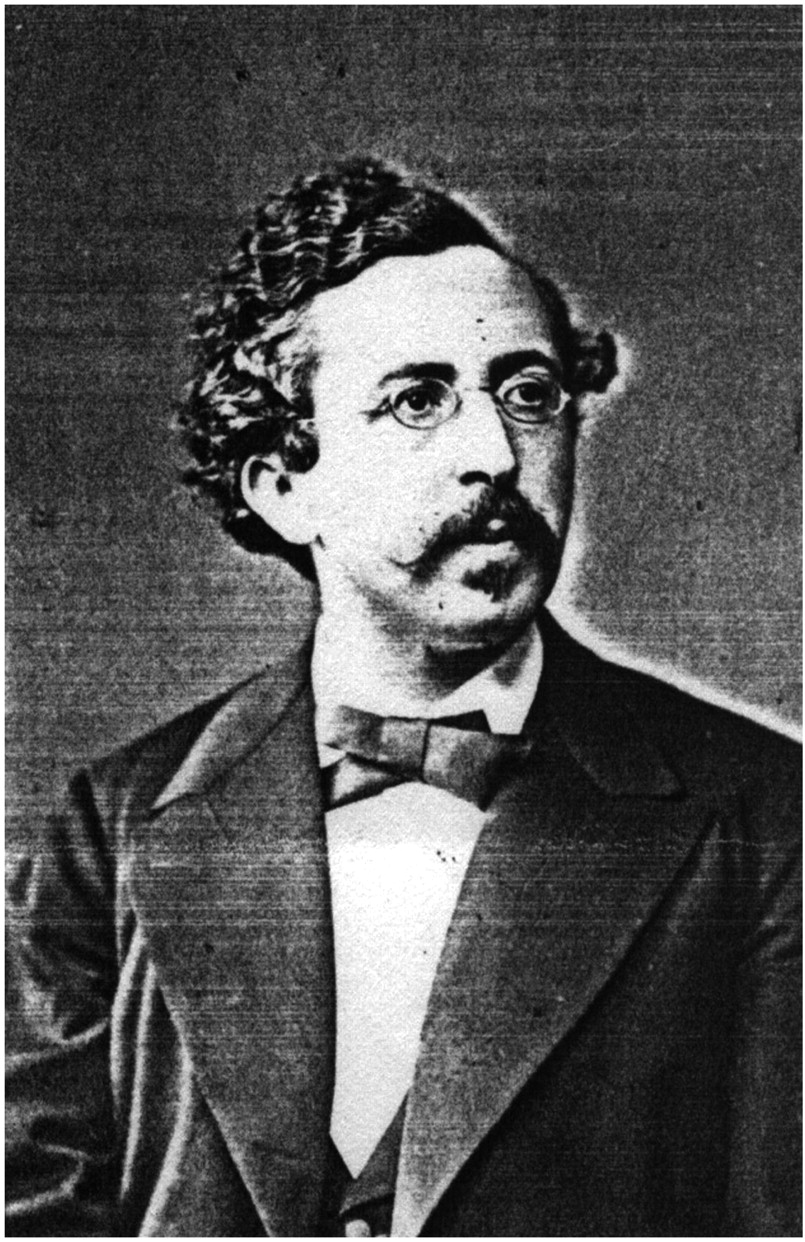
Hermann Cohen: Neo-Kantian Philosopher and Jewish Thinker
Hermann Cohen, a prominent German Jewish philosopher, is considered a foundational figure in the neo-Kantian movement. Born in 1842, Cohen's early studies centered on Kant's philosophy, earning him recognition as a notable Kant scholar. He taught at the University of Marburg, where he became a central figure in the Marburg school of neo-Kantianism, which sought to reinterpret and rejuvenate Kant's ideas.
Cohen's philosophical contributions ranged from ethics and aesthetics to the philosophy of science and religion. His main philosophical works, the three-volume "System der Philosophie," included "Logik der reinen Erkenntnis," "Ethik des reinen Willens," and "Ästhetik des reinen Gefühls." In these works, he argued for the centrality of reason and the transcendental subject in human experience. Notably, his "Religion of Reason" posited that Judaism embodied a pure, universal ethical monotheism that was applicable to all humankind, not just Jews. Cohen was a staunch opponent of Zionism, believing it would lead to the Jews becoming mere historical actors rather than striving for a higher moral and spiritual purpose. Despite his stance, Tel Aviv has a Hermann Cohen Street in his honor, reflecting his lasting impact on Jewish thought.